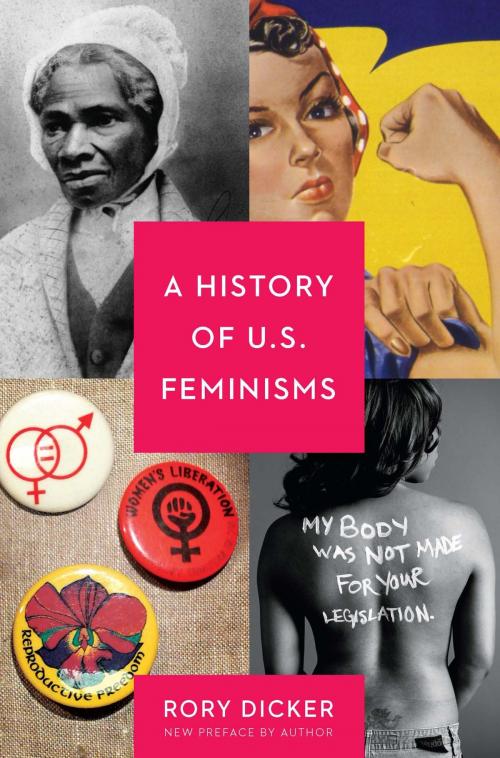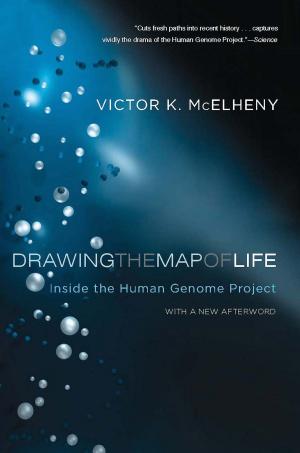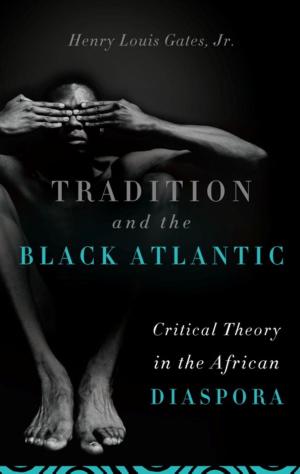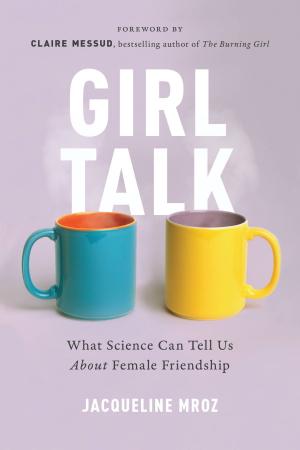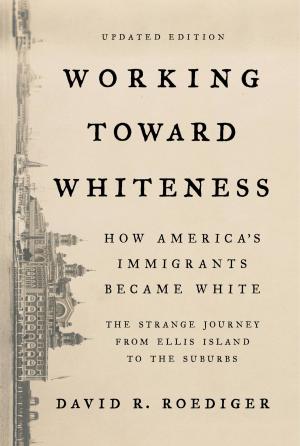A History of U.S. Feminisms
Nonfiction, Social & Cultural Studies, Social Science, Gender Studies, Feminism & Feminist Theory, Women&, History| Author: | Rory C. Dicker | ISBN: | 9781580056144 |
| Publisher: | Basic Books | Publication: | January 26, 2016 |
| Imprint: | Seal Press | Language: | English |
| Author: | Rory C. Dicker |
| ISBN: | 9781580056144 |
| Publisher: | Basic Books |
| Publication: | January 26, 2016 |
| Imprint: | Seal Press |
| Language: | English |
The complete, authoritative, and up to date history of American feminism
Updated and expanded, the second edition of A History of U.S. Feminisms is an introductory text that will be used as supplementary material for first-year women's studies students or as a brush-up text for more advanced students. Covering the first, second, and third waves of feminism, A History of U.S. Feminisms will provide historical context of all the major events and figures from the late nineteenth century through today.
The chapters cover: first-wave feminism, a period of feminist activity during the nineteenth and early twentieth centuries which focused primarily on gaining women's suffrage; second-wave feminism, which started in the '60s and lasted through the '80s and emphasized the connection between the personal and the political; and third-wave feminism, which started in the early '90s and is best exemplified by its focus on diversity, intersectionality, queer theory, and sex-positivity.
The complete, authoritative, and up to date history of American feminism
Updated and expanded, the second edition of A History of U.S. Feminisms is an introductory text that will be used as supplementary material for first-year women's studies students or as a brush-up text for more advanced students. Covering the first, second, and third waves of feminism, A History of U.S. Feminisms will provide historical context of all the major events and figures from the late nineteenth century through today.
The chapters cover: first-wave feminism, a period of feminist activity during the nineteenth and early twentieth centuries which focused primarily on gaining women's suffrage; second-wave feminism, which started in the '60s and lasted through the '80s and emphasized the connection between the personal and the political; and third-wave feminism, which started in the early '90s and is best exemplified by its focus on diversity, intersectionality, queer theory, and sex-positivity.
